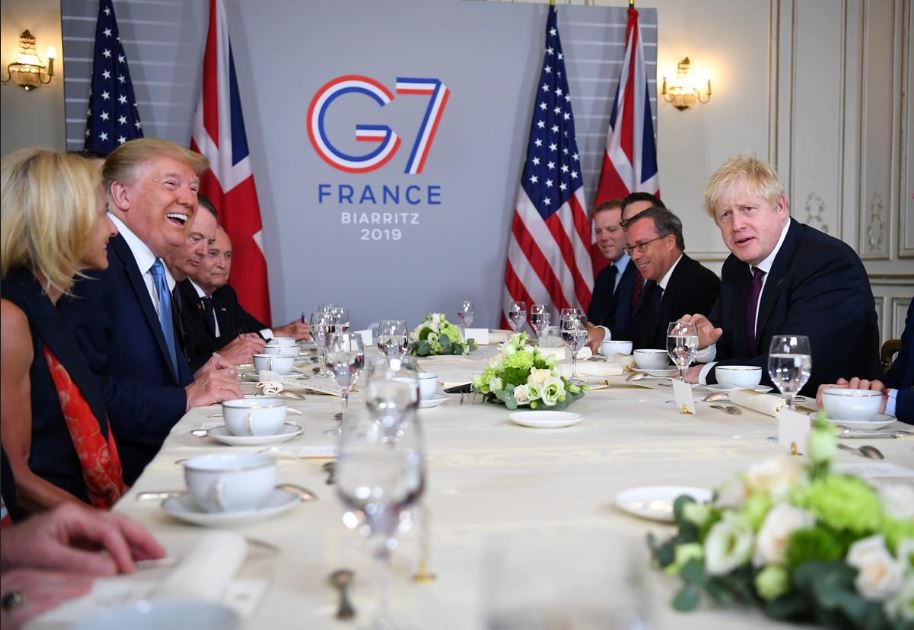×
The Standard e-Paper
Home To Bold Columnists

US President Donald Trump said on Sunday he was getting along well with Western allies at a G7 summit in France, dismissing reports of rifts among leaders and declaring that they “respect” the trade war between Washington and Beijing.
The G7 gathering is taking place against a backdrop of worries about a global economic downturn and coincides with an era of international disunity across an array of issues.